
Save this valuable remedy to help draw out toxins and save lives from rabid dog and snake bites in just 1 minute.

Snake and Rabid Dog Bites: How to Handle and Traditional Remedies
Poisonous snake bites and rabid dog bites are common accidents, especially in rural and mountainous areas. If immediate first aid is not provided, they can lead to complications that result in disability or even death.
Each year, 30,000 to 40,000 people around the world are bitten by poisonous snakes, with around 2,000 fatalities. In the United States, 6,000 to 8,000 people are bitten by snakes annually, with 9% of deaths caused by cobra bites and 0.2% by pit viper bites.
At the intensive care unit of Bach Mai Hospital in Hanoi, the fatality rate due to cobra bites between 1987 and 1991 was 20%, 11.9% from 1991 to 1993 (out of 71 patients), and 7% from January to October 1998 (86 patients). No deaths were recorded from pit viper bites.
Plantain's Effectiveness in Poison Removal from Wounds
Traditional Remedy for Snake Bites Using Lemon Seeds
Snake bites typically occur in the summer, as snakes are hibernating animals. When looking at the bite marks left on the skin, one can distinguish venomous snakes from non-venomous ones. A non-venomous snake bite usually leaves a curved, even set of marks.
A venomous snake will leave two deeper puncture marks, which are the venomous fangs. The venom enters the body through the lymphatic system, so it is important to apply a tourniquet to the lymphatic vessels for effective treatment—not to arteries or veins.
However, if bitten by a snake or a rabid dog, it is important to remain calm, thoroughly clean the wound with a 9% saline solution. Avoid squeezing the wound excessively, as it can cause more venom to spread.
Traditional Remedy with Chili Leaves for Emergency Treatment
According to herbalist Âu Văn Định (Tuyên Quang Oriental Medicine Association), plantain is highly effective in absorbing toxins from snake and rabid dog bites.
Plantain, also known as plantago, plantain herb, or plantain leaves (scientific name: Plantago asiatica L.), belongs to the Plantago family. It is named “mã đề” (plantain) or “xa tiền” (farther-reaching) because it was believed to grow where horse-drawn carriages passed.
Plantain is a perennial herb with a short stem, leaves growing in clusters at the base, long petioles, and spoon-shaped or oval leaves with veins running lengthwise along the leaves, converging at the leaf base.
Plantain flowers grow in spikes with long peduncles emerging from the leaf axils. The flowers are regular, bisexual, with a calyx of four lobes, slightly overlapping at the base, and brownish petals, interspersed with long leaves.
Modern research has shown that plantain contains astringent substances with strong absorption power. The leaves and stems contain a chemical called aucubin, which has been proven to have detoxifying effects and protect the liver.
As a result, plantain is often used to absorb debris, toxins, or even tiny shards of glass from the skin. It is also used to soothe bites from insects, dogs, snakes, and other venomous creatures.
Traditional Remedy for Snake and Rabid Dog Bites
The method is simple:
As soon as a snake or rabid dog bites, take about 10 plantain leaves (including both the leaves and stems) and have the victim chew them thoroughly, swallowing the liquid. The remaining pulp should be applied to the bite wound for detoxification.
If the victim is unconscious, crush the plantain leaves and extract the juice, pouring it into the victim’s mouth. Apply the pulp to the wound. The aucubin in plantain will rapidly absorb the toxins and provide effective relief.
Note: This remedy is suitable for both adults and children aged one and above. However, the dosage will vary by age. After performing first aid at home, the victim should be taken to the nearest healthcare facility immediately for further treatment.
News in the same category


Drinking lemon ginger water provides these 6 amazing benefits for your body

Drinking lemon ginger water provides these 6 amazing benefits for your body.

Store these 6 types of fruits in the refrigerator and it's "toang"

Lost life due to a major mistake in using medicated oil

How to wash your hair with ginger water to reduce hair loss and hair growth

8 ways to get rid of motion sickness instantly without medicine: Travel long distances and still be healthy

Don't throw away expired or leftover beer, use it for these 8 things and everyone will praise it.
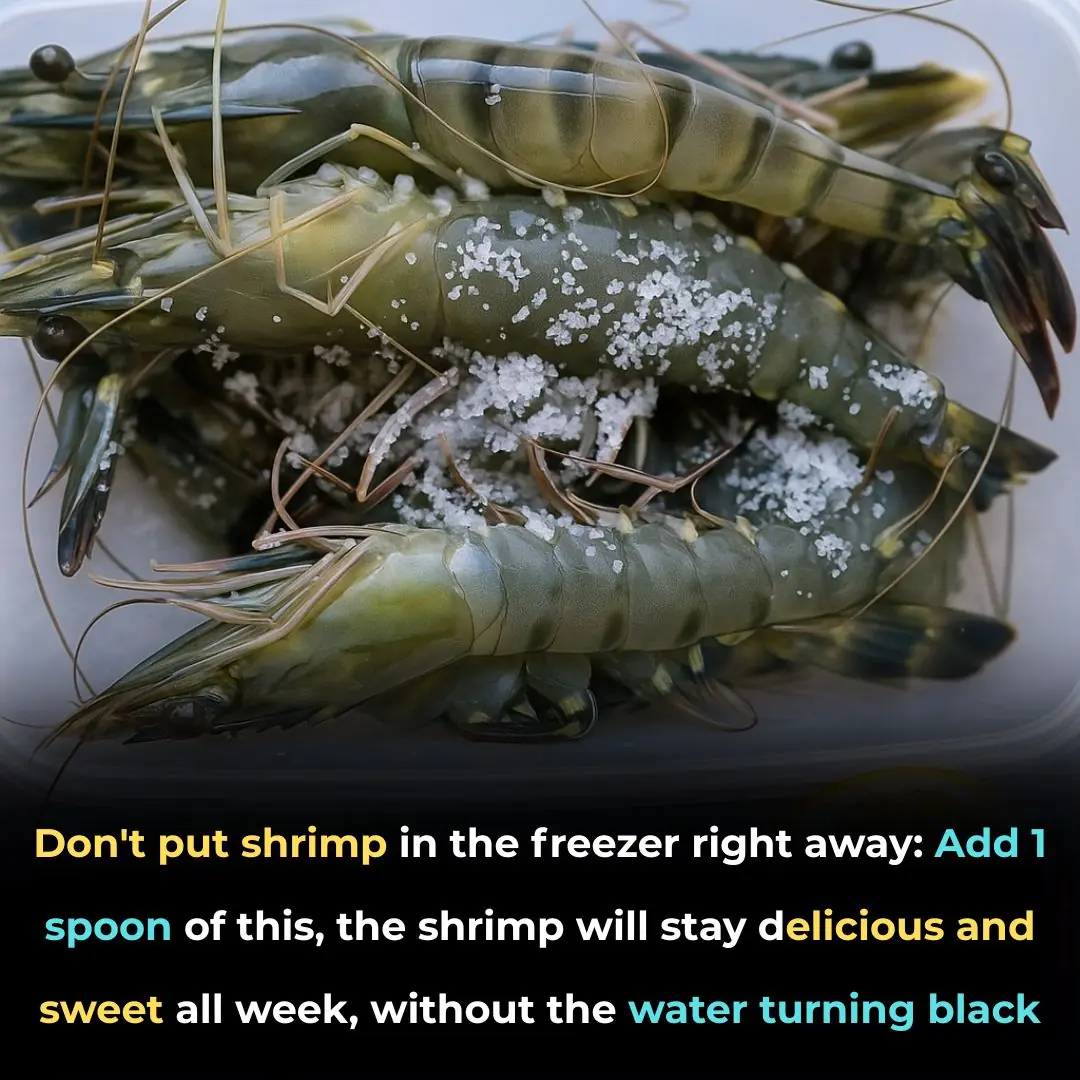
Don't put shrimp in the freezer right away: Add 1 spoon of this, the shrimp will stay delicious and sweet all week, without the water turning black

Soak orange and grapefruit peels in vinegar to get a special type of water that can save you a lot of money

Air fryer is extremely convenient if you know the following 10 tips

Vaseline Uses and Benefits for Skin, Lips and Hair | Petroleum Jelly Benefits

How to Wash Your Hair with Ginger Water to Reduce Hair Loss and Boost Baby Hair Growth
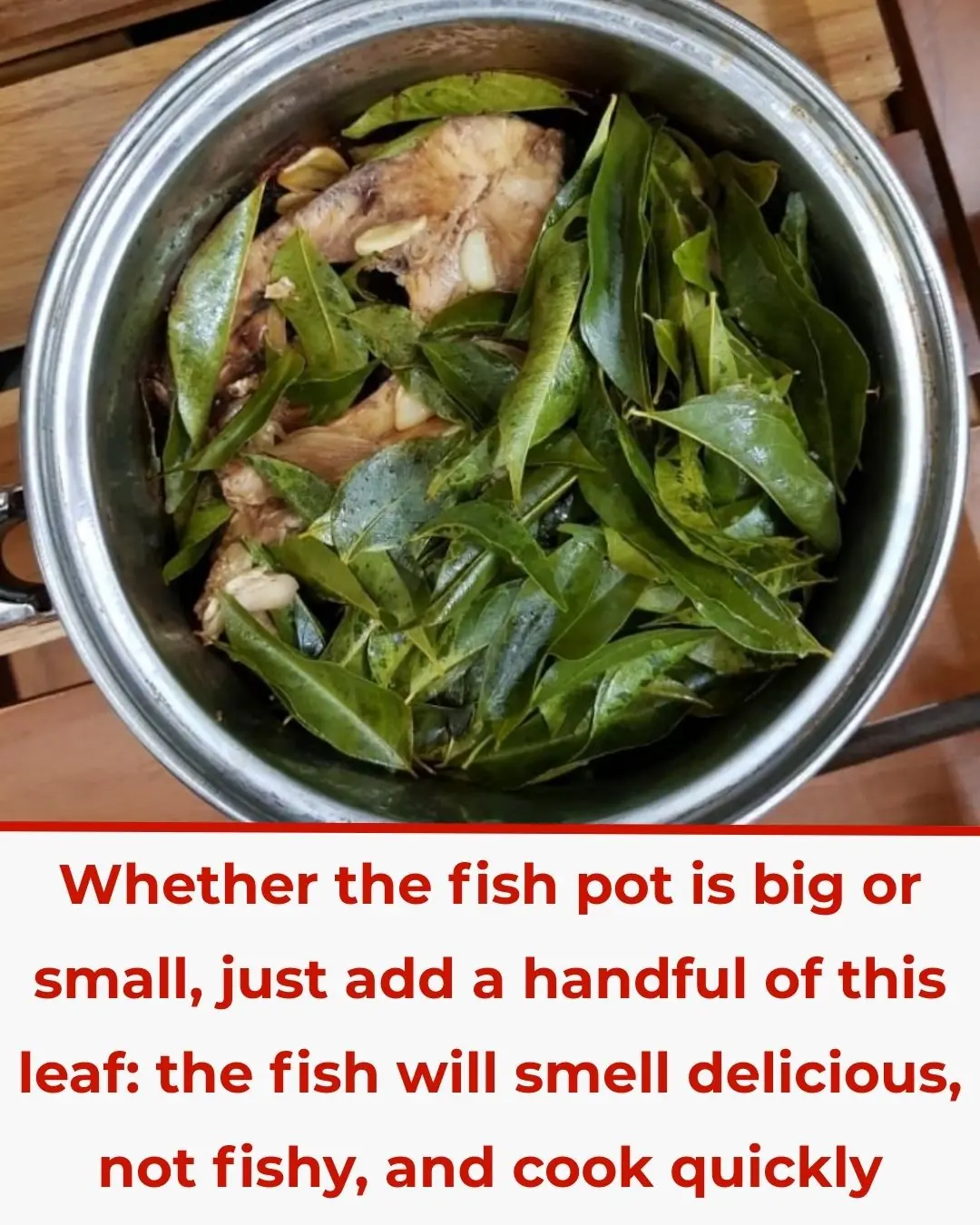
Simmering Fish With Just One Handful of This Leaf: Rich Aroma, No Fishy Smell, Tender to the Bone
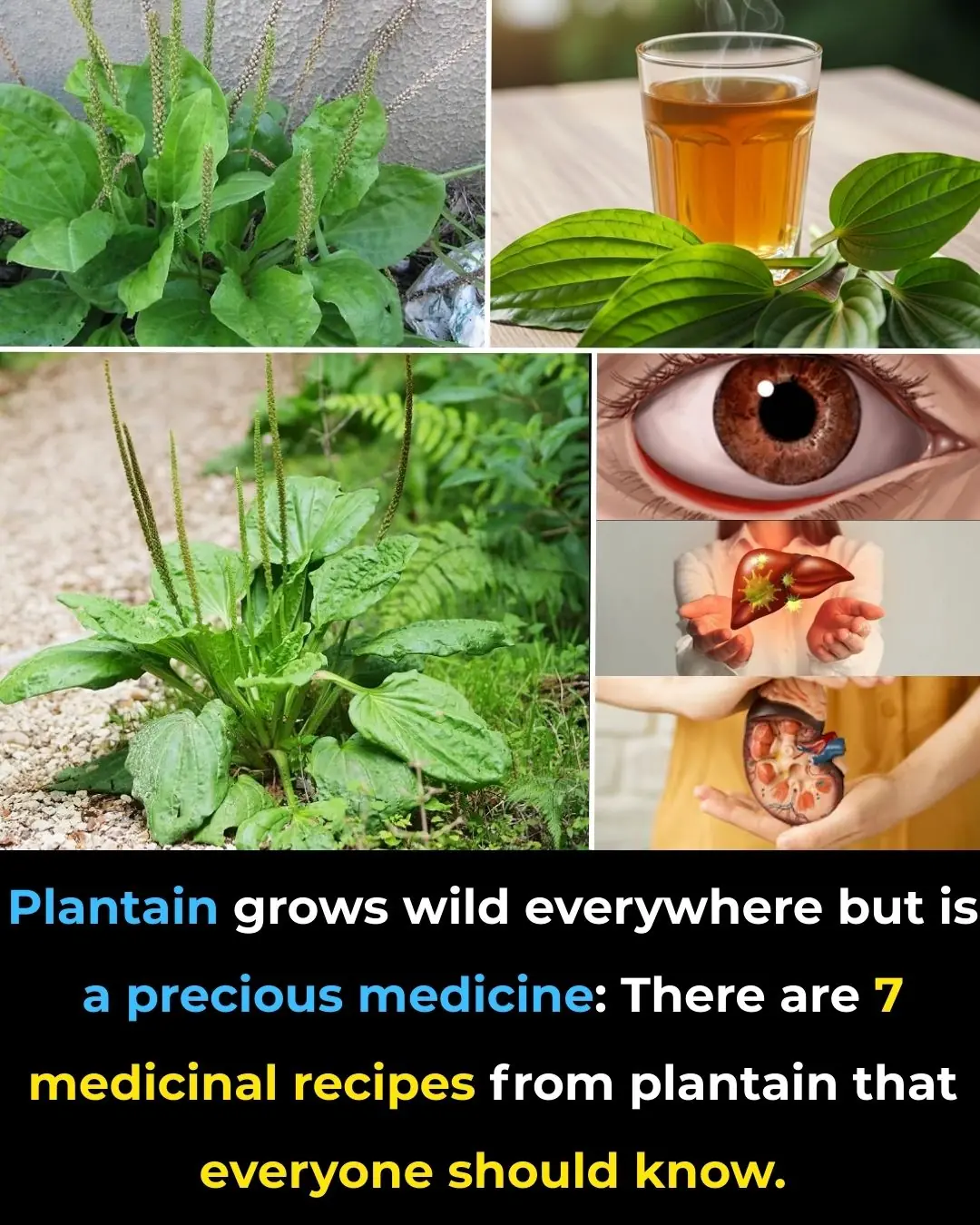
Plantain grows wild everywhere but is a precious medicine: There are 7 medicinal recipes from plantain that everyone should know.
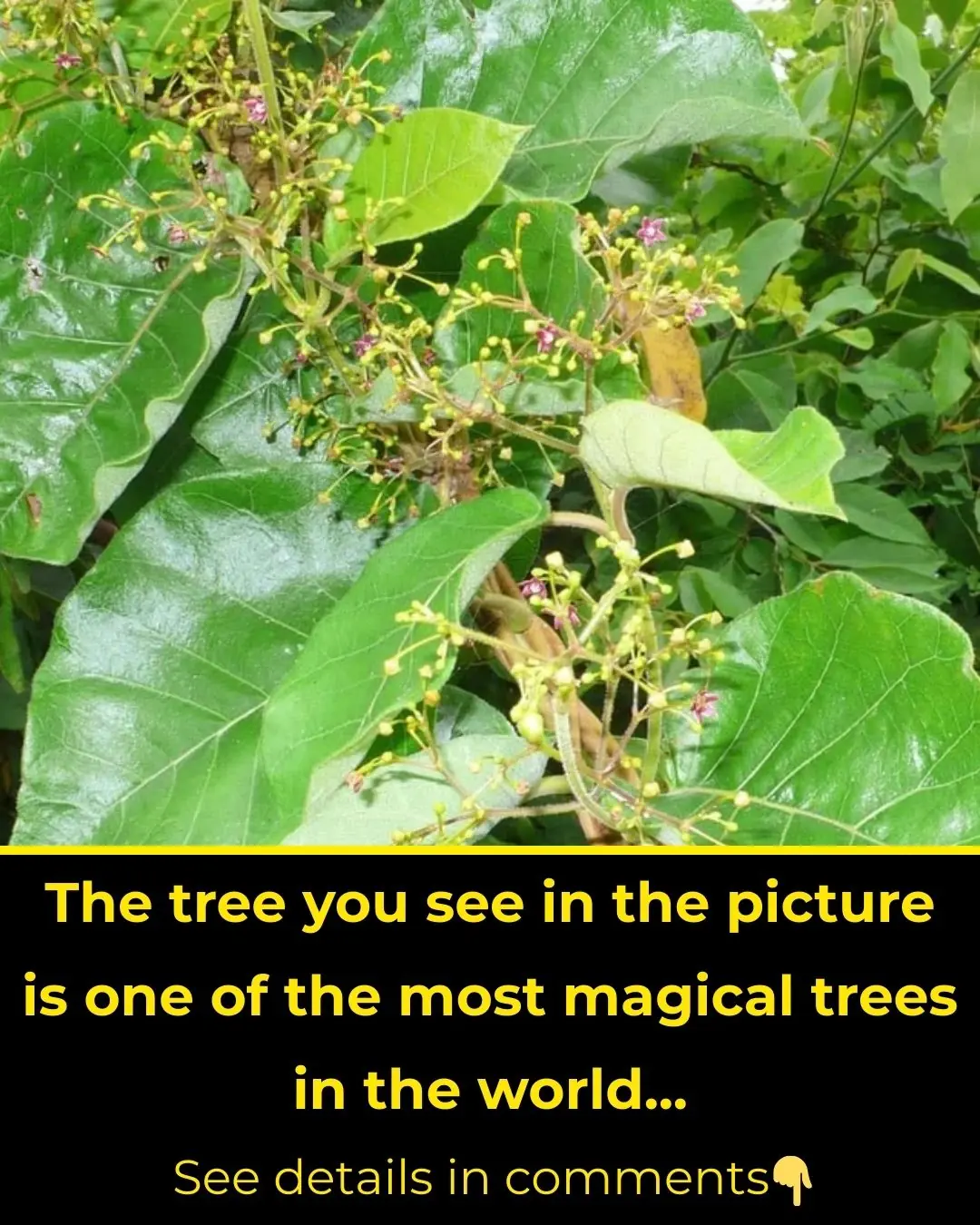
White Polygonum multiflorum: A folk remedy that helps enrich the blood

Soak orange and grapefruit peels in vinegar to get a special type of water that can save you a lot of money.

Don't soak frozen meat in water. Listen to the chef's instructions on how to defrost it in 5 minutes and the meat will still be delicious.
News Post
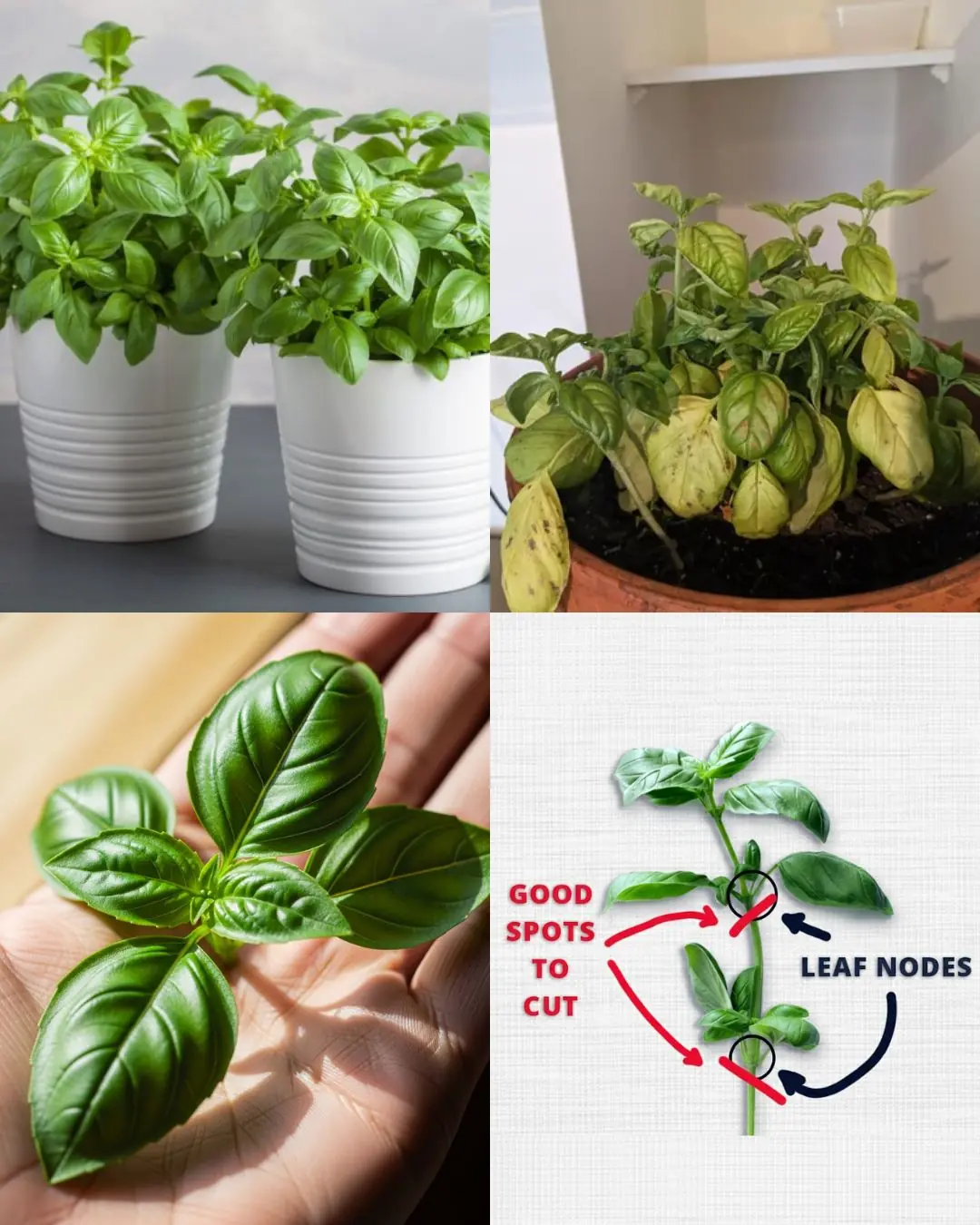
How to Keep Supermarket Basil Alive and Thriving

3 Best Detox Drinks for Glowing, Healthy Skin

Erase Wrinkles and Fight Signs of Aging with Banana Face Pack: The Ultimate DIY Skincare Remedy

DIY Korean Rice Cream: The Secret to Wrinkle-Free, Glowing Skin Even After 50 – DIY Recipe and Benefits

Anti-Aging Face Mist with Rice Water: Unlock the Secrets to Hydrated, Glowing Skin
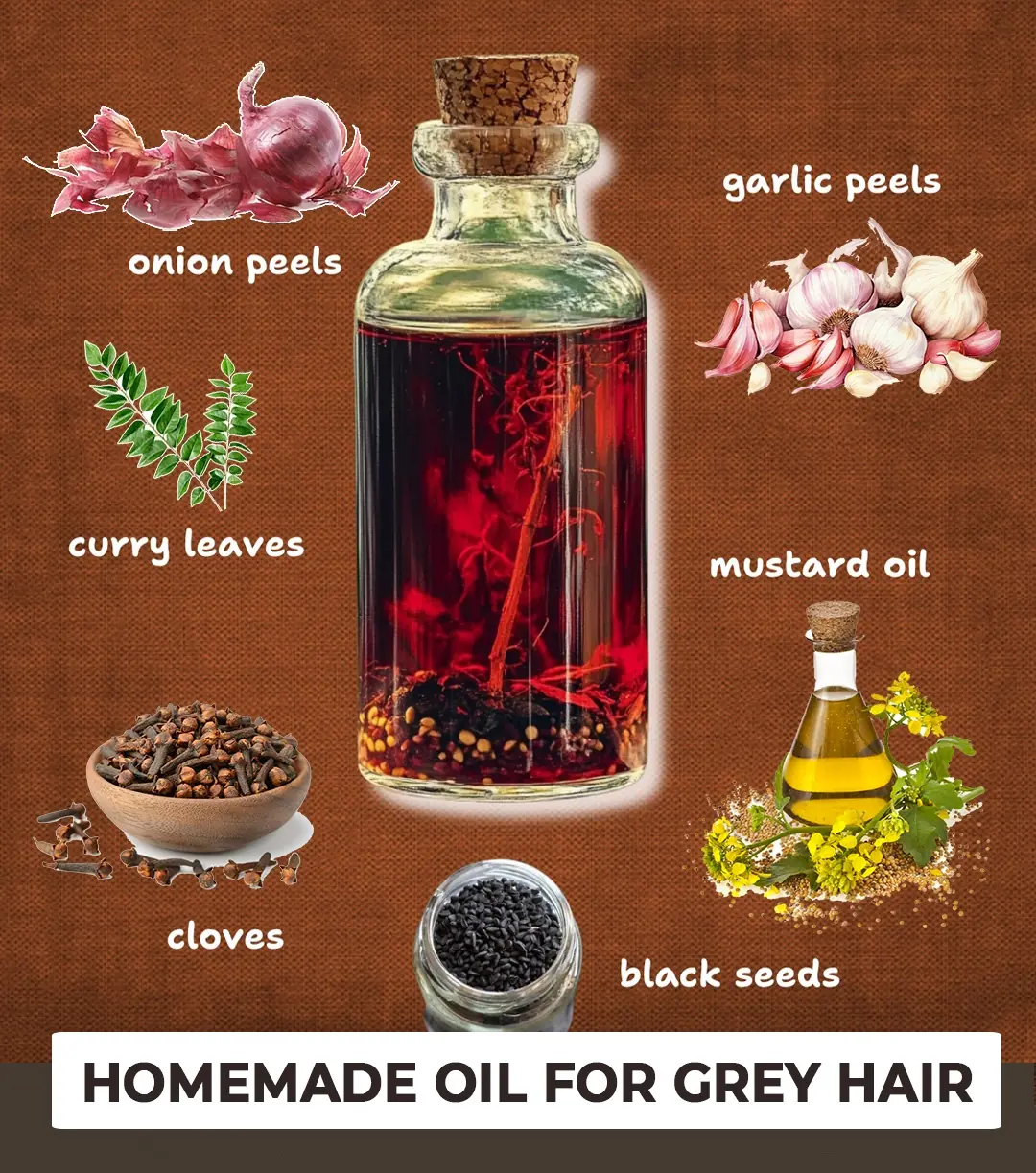
Roasted onion peel treatment for grey hair

Homemade Onion Juice Serum To Grow Thick Eyebrows In Just 1 Week

DIY Aloe Vera Beauty Cubes for Dark Spots, Acne, and Skin Rejuvenation: The Ultimate Skincare Hack

6 Home Remedies to Lighten Dark Underarms | How to get rid of Dark Underarms

DIY Aloe Vera Facial: A Step-by-Step Aloe Vera Facial for Skin Lightening

How to make banana vinegar with just 4 simple ingredients, and enjoy the delicious final product.

Drinking lemon ginger water provides these 6 amazing benefits for your body
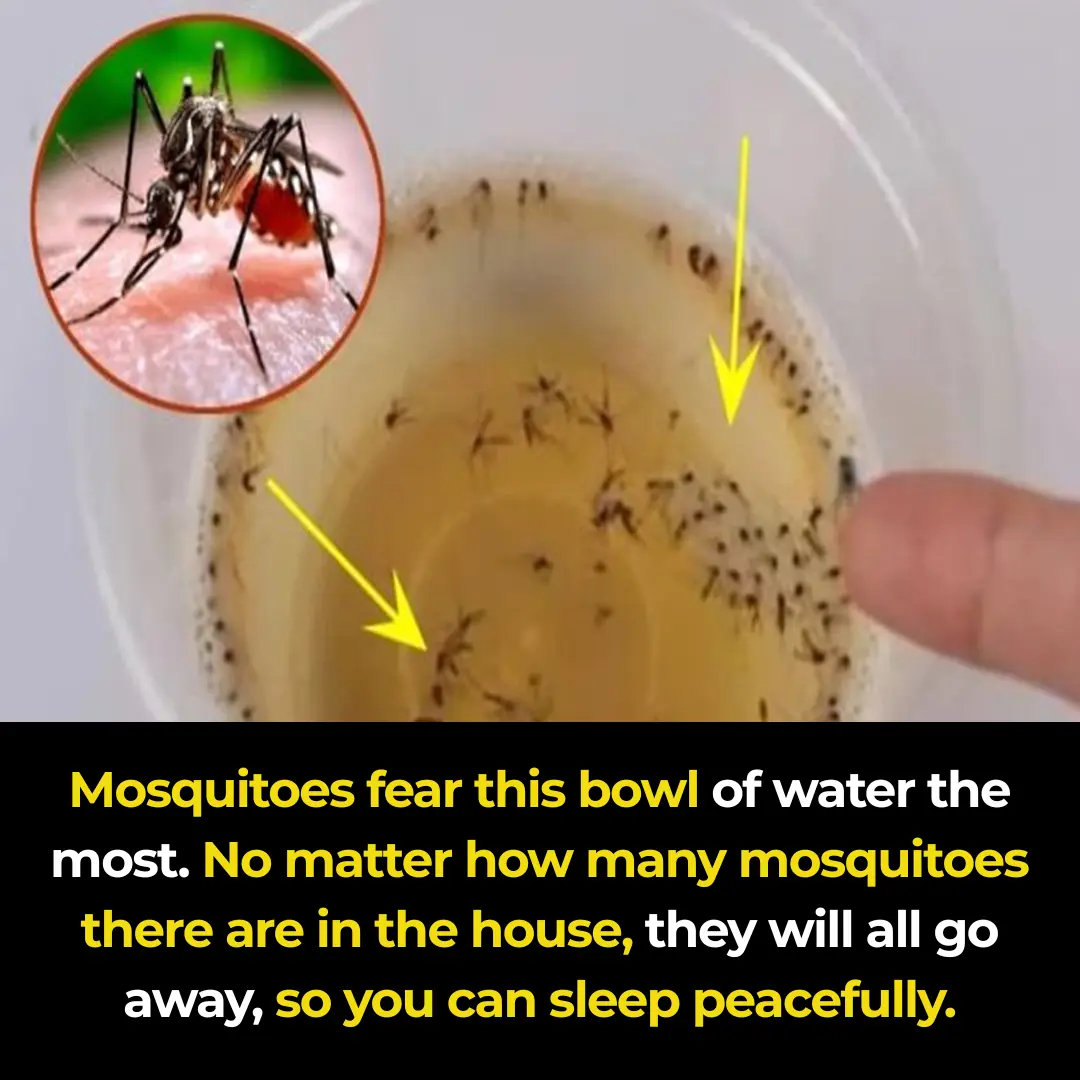
Mosquitoes are most afraid of this bowl of water. Place it in your house, and no matter how many mosquitoes there are, they will all be gone. Sleep peacefully!

Drinking lemon ginger water provides these 6 amazing benefits for your body.

Anyone Whose Hair Is Falling Out Needs To Make This 2-Ingredient Drink Immediately

13 Detox Foods To Flush Out Toxins, Fight Cancer Cells And Relentlessly Hunt Free Radicals

Doctor warns: your ‘healthy’ lemon water habit is actually destroying your liver – here’s what you’re doing wrong

The Secret Power of Plantago Major that no one knows
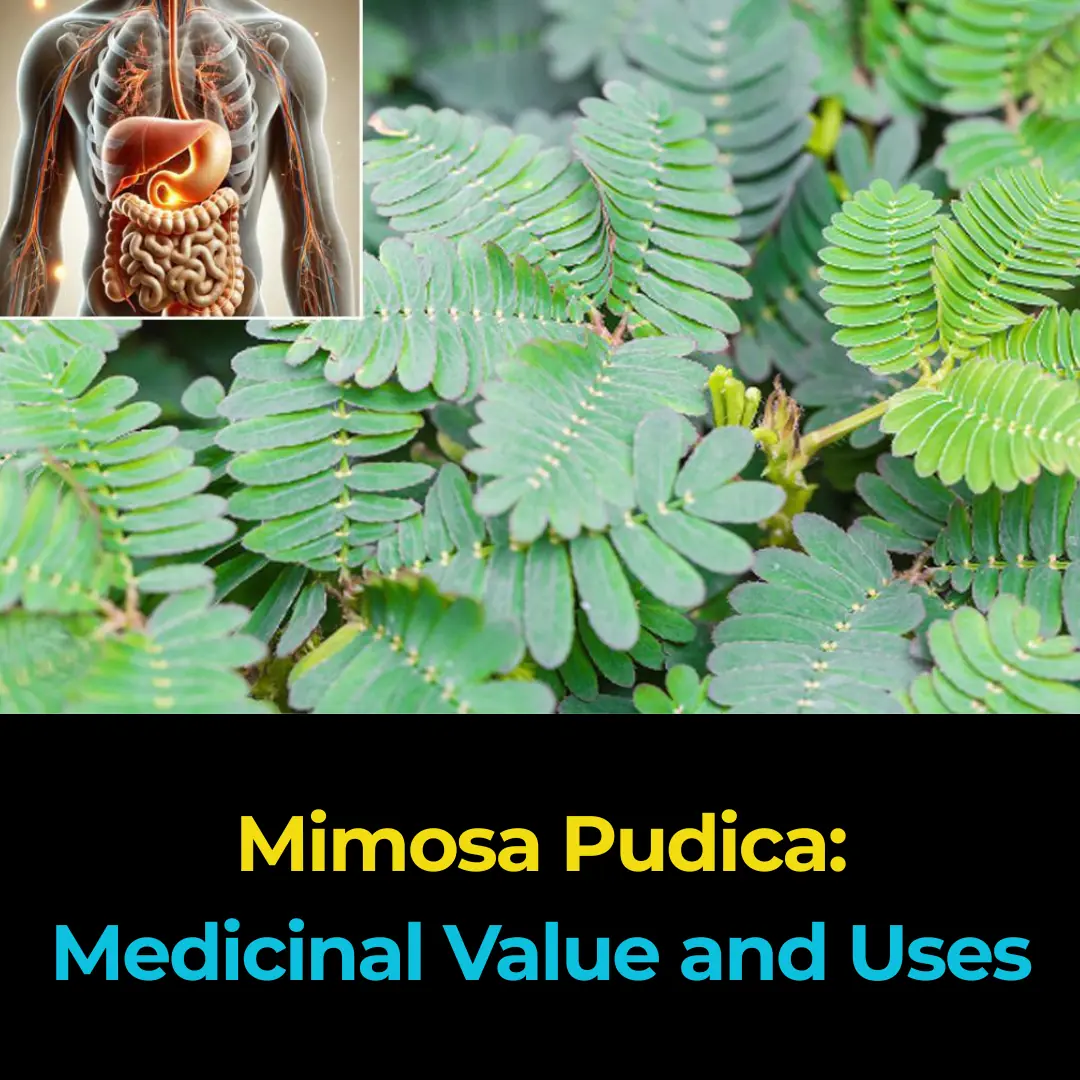
Mimosa Pudica: Medicinal Value and Uses
